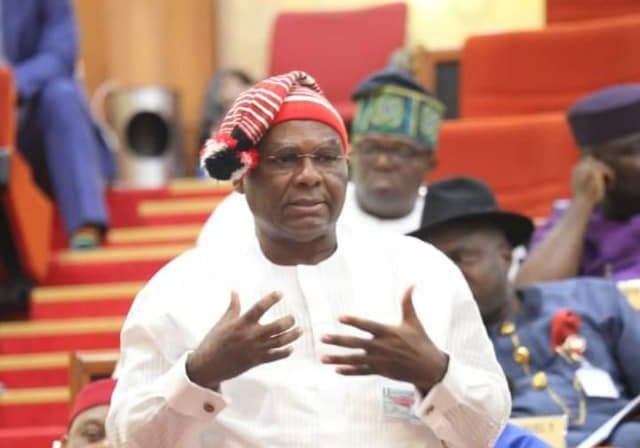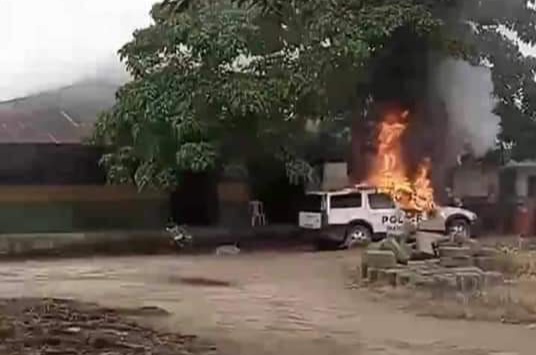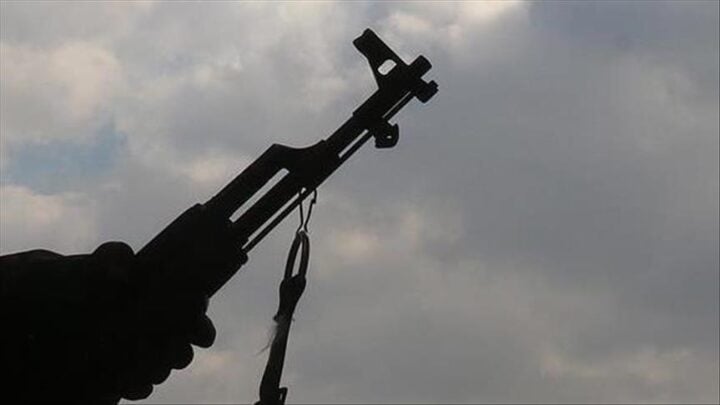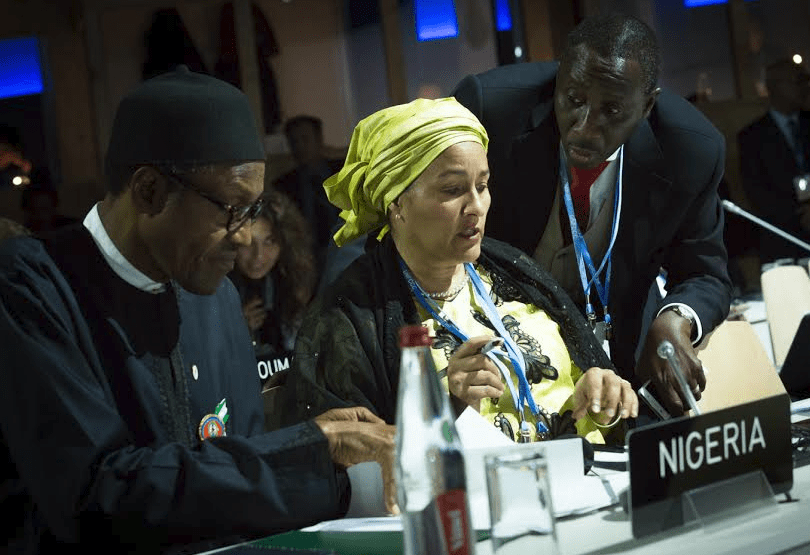Chimaroke Nnamani, a former governor of Enugu, says state police will not work in Nigeria if established.
There have been calls for state policing in some parts of the country as part of efforts to improve security.
Some regions have created security outfits such as Western Nigeria Security Network codenamed Operation Amotekun in the south-west, and Ebube Agu launched in the south-east.
Speaking on ‘Sunday Politics’, a programme on Channels Television, Nnamani cited the establishment of regional police in 1916, adding that the factors that led to its abolishment in the past have not changed when present realities are considered.
Advertisement
Indigenous police authority was recognised in Nigeria by ordinance 4 of 1916, which saw policing become the responsibility of Nigerians to some extent — it lasted till a few years after Nigeria gained independence in 1960.
According to historical reports, regional policing at the time was influenced by traditional authorities and politicians, before all outfits were merged into the Nigeria Police Force (NPF) in 1968.
“State police will not work in Nigeria. Remember that we had some form of state, regional police. We had an ordinance 4 of 1916 that formally established regional police, native authority police in the north, and also in western Nigeria,” Nnamani said.
Advertisement
“There were factors that led to the abolition of state police. With the 1966 coup and the emergence of the Ironsi government, a government committee was appointed to study policing in Nigeria. They presented their report in 1968. All those factors that led to the abolition of regional police and formal entry into the state police have not changed.
“Nigeria is organic; it’s one unit. For you to have state police, it means it has to be uniform in the 36 states; it has to be standardised in the 36 states. If it is not uniform, then it is inherently unequal.
“You’re going to have state police in a state like Lagos state with a poverty rate of 10 to 20 percent, compared to states that have poverty rate of 81 percent. How are you going to pay them?
“So, if you police Lagos effectively, what is the guarantee that you’ll be able to police states in other regions effectively? The standards are going to be different. Then, of course, there are the factors that led to the abolition of state police in the beginning — elite capture of the system, influence by political and traditional players.”
Advertisement
1 comments






I agree with this man instead of state police, all we need is to decentralize the federal police to all Local governments